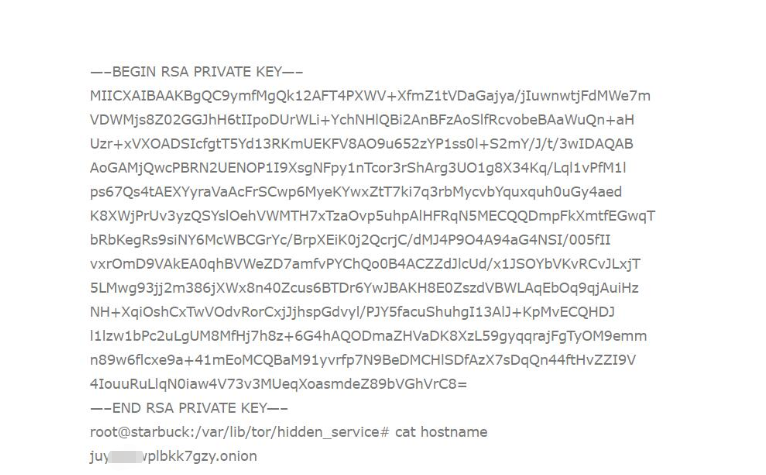原文件名字top500

链接: https://pan.baidu.com/s/1cv0jPYb1-EBceoZz3QNvgg 密码: bat5
中文名字

链接: https://pan.baidu.com/s/1O3j0NxWrEncXlFZ1Li8IpQ 密码: xj7n
全拼 比如:zhangwei

链接: https://pan.baidu.com/s/1q_sZ_FlYu9JCkdSYywskog 密码: t72p
姓全拼 名取首字母 比如:zhangw

链接: https://pan.baidu.com/s/1xzQscNrVNBMpsyBqvrWAYw 密码: kdga
全部取首字母 比如:zw

链接: https://pan.baidu.com/s/1IepYUv9pY3O3gTROMlcDhg 密码: 62j5
全部的下载链接
链接: https://pan.baidu.com/s/1JWbAMZ3x7we2K9coookaxg 密码: b6r8
================================================================
同时用python3写了个脚本
读取name.txt的中文名字
#!/usr/bin/env python
# -*- conding:utf-8 -*-
import re
from xpinyin import Pinyin
def name():
mz=[]
with open(‘name.txt’,’r’) as f:
for i in f.readlines():
#res=re.compile(r'[\u0391-\uFFE5]+’) #匹配中文
#date = res.findall(i)
mz.append(date)
#print(date)
return mz
def zhangwei(date): #zhangwei
with open(‘zhangwei.txt’, ‘a’) as f:
p = Pinyin()
for i in date:
pinyin =p.get_pinyin(i[0])
res = re.compile(r'(\w)’)
pydate = res.findall(pinyin)
for i in pydate:
f.write(i)
f.write(‘\n’)
def zhangw(date): #zhangw
with open(‘zhangw.txt’, ‘a’) as f:
p = Pinyin()
for i in date:
pinyin = p.get_pinyin(i[0])
res = re.compile(r'(.*?)-(.).*?-(.)|(.*?)-(.)’)
pydate = res.findall(pinyin)
for i in pydate[0]:
f.write(i)
print(‘\n’)
f.write(“\n”)
def zw(date): #zw
with open(‘zw.txt’, ‘a’) as f:
p = Pinyin()
for i in date:
pinyin = p.get_pinyin(i[0])
res = re.compile(r'(.).*?-(.).*?-(.)|(.).*?-(.)’)
pydate = res.findall(pinyin)
for i in pydate[0]:
f.write(i)
print(‘\n’)
f.write(“\n”)
date=name()
zhangwei(date)
zhangw(date)
zw(date)










